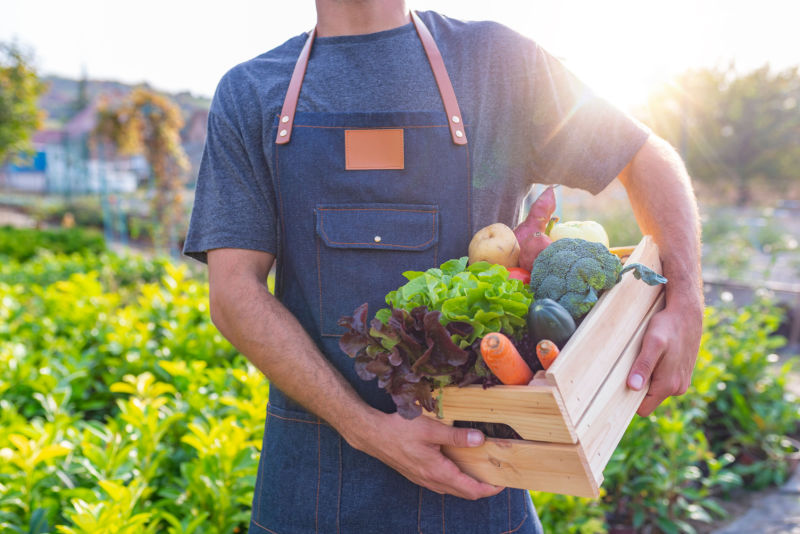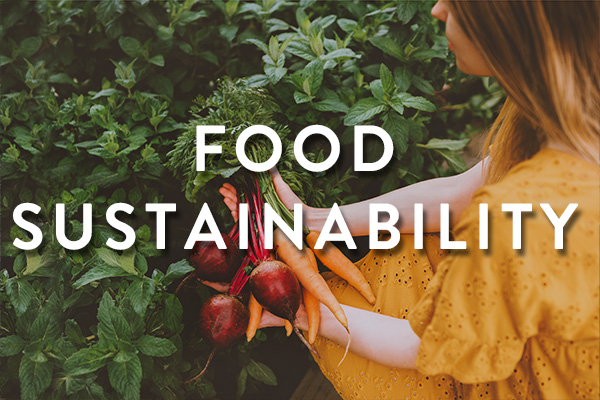
In the face of a growing global population and a rising demand for food, food sustainability has become an increasingly significant topic. Climate change, environmental degradation, and food security concerns loom large, making it vital that we understand what food sustainability entails, its significance, and how to support it.
What Is Sustainability?
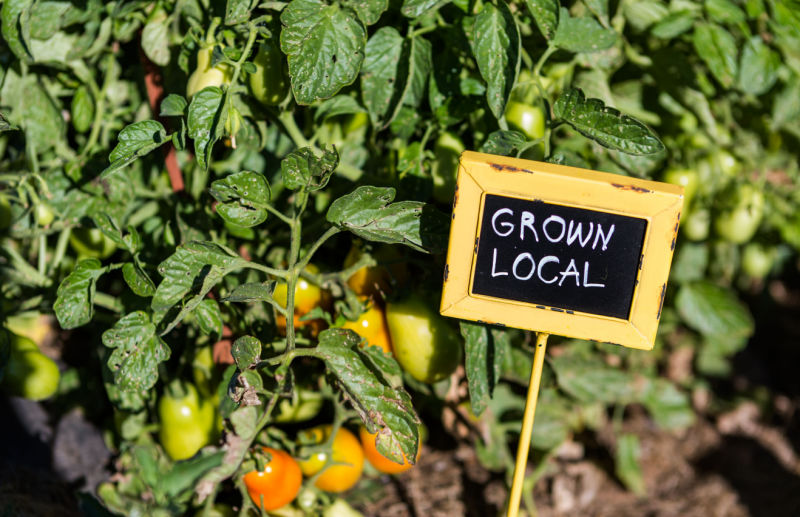
Sustainability is defined as meeting current demands without compromising future generations’ ability to meet their own. For food production and consumption, sustainability requires acting ethically and responsibly towards the environment, protecting worker health and welfare, and producing economically feasible food products that will satisfy everyone involved in production and distribution chains.
Why Is Food Sustainability Essential?
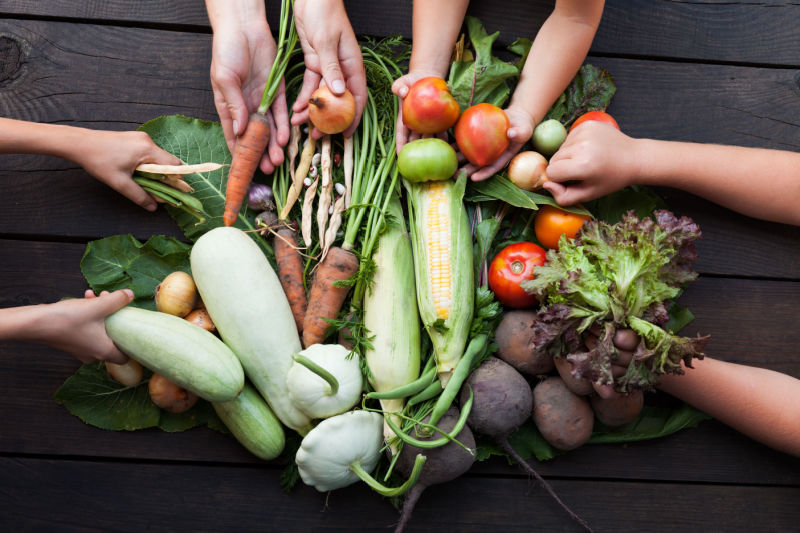
Food sustainability is of utmost importance due to various reasons. With an expanding global population and rising food demands, production needs to increase exponentially to meet the increased need. More crops need to be produced annually than ever before. However, modern industrial agriculture depends on fossil fuels, pesticides, and synthetic fertilizers that exacerbate climate change while degrading soil health, polluting waterways, and harming biodiversity. Sustainable food production practices are crucial to address these concerns and guarantee food for future generations.
Food sustainability promotes efficient resource use through decreased pesticide usage, conserving natural habitats, and reduced food waste. These benefits will ultimately lead to a healthier planet and people.
Factors Affecting Food Sustainability

Food sustainability depends on several factors. One key component is efficient resource utilization – minimizing food waste, conserving water usage, lowering energy consumption, and managing soil fertility are just a few examples of efficient resource usage. By reducing waste and conserving resources, we can ensure that food production remains sustainable and ethical for future generations.
Furthermore, sustainable food production means decreasing pesticide usage that damages both the environment and human health, and supporting biodiversity preservation by conserving natural habitats. Sustainable agriculture should also promote the humane treatment of animals, ensuring they are treated well and have access to food, water, and shelter.
Another crucial factor is innovative technologies that promote sustainable agriculture, such as precision farming techniques that can increase crop yields while reducing the use of fertilizers and pesticides. By embracing these factors of food sustainability, humanity can work towards a future where our food systems are more resilient and sustainable for generations to come.
Organizations Dedicated to Sustainable Food Practices
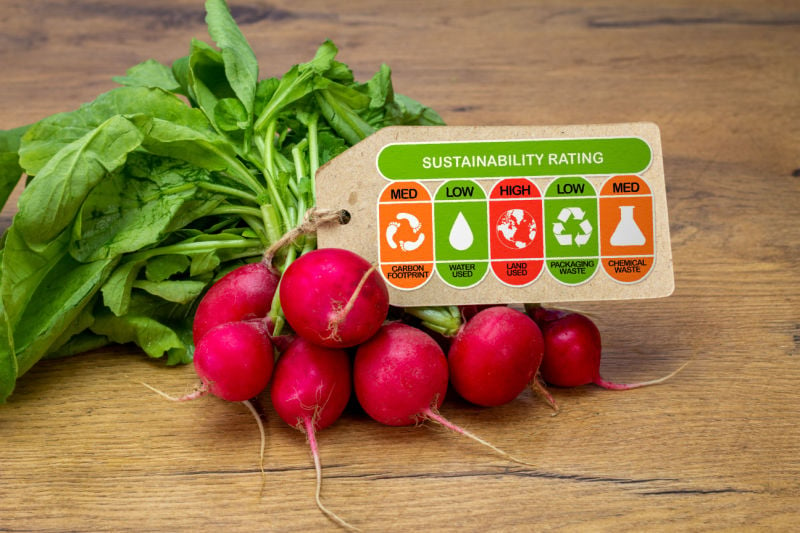
To promote sustainable food practices, several organizations advocate for policies and regulations that support food sustainability. Examples include:
- Food Tank: a non-profit organization dedicated to sustainable food practices and strengthening local and regional food systems.
- Slow Food USA: a non-profit organization advocating for quality, clean, and fair food for everyone.
- Organic Centre: a non-profit organization that conducts research into organic farming practices and advocates for more sustainable agricultural practices.
- Sustainable Food Trust: This non-profit organization supports sustainable agriculture through education and advocacy.
How to Select Sustainable Food Options
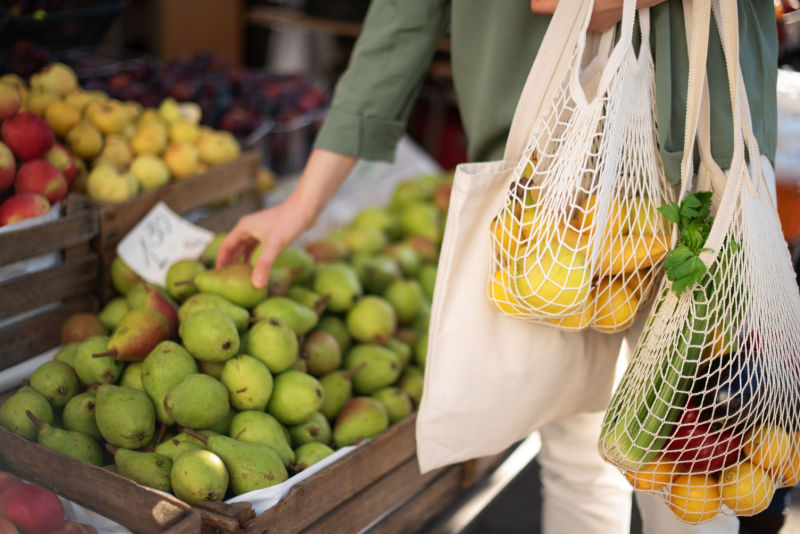
Consumers play an essential part in supporting food sustainability. Sustainable food choices include:
- Choosing seasonal and locally produced food, as produce grown locally is typically fresher and requires less energy for transport. Purchasing seasonal produce helps local farmers and reduces your carbon footprint associated with food transport.
- Opting for organic produce grown without synthetic pesticides or fertilizers supports biodiversity and environmental preservation.
- Meat production requires resources and contributes significantly to greenhouse gas emissions, so making plant-based diets or decreasing meat consumption can effectively decrease our carbon footprint associated with food production.
- Reducing food waste is another powerful way of increasing food sustainability, as food waste contributes significantly to greenhouse gas emissions and depletes natural resources. Proper storage and consumption practices help minimize food waste.
Explore More Ways To Promote Food Sustainability

Consumers can also contribute to food sustainability in other ways. Supporting local farmers helps promote sustainable agricultural practices while reducing carbon emissions associated with food transport. Composting helps lower greenhouse gas emissions while improving soil health.
Advocate for sustainable food policies at the local, state, and national levels by supporting policies that foster sustainable agriculture practices, reduce food waste, increase accessibility to nutritious food sources, and enhance nutrition.
Educating others on the significance of food sustainability and how to make responsible food decisions creates an atmosphere conducive to lasting change and a culture of sustainability.
In conclusion, food sustainability is an issue of great importance to both human health and environmental well-being. Sustainable food production practices help to lower greenhouse gas emissions, promote biodiversity, conserve natural resources, and decrease climate change emissions. Consumers can support food sustainability by making sustainable food choices, supporting local farmers, composting food waste responsibly, advocating for more sustainable policies, and educating others.
Grills & Smokers
Top Pages
- Angus Bull BBQ Grill
- How Many BTU Is A Gas Grill
- BBQ For Sale
- Best Backyard Smokers
- Grill Covers
- American Outdoor Grills Reviews
- 24 Bottle Uline Wine Cooler
- 2 Burner Gas Grill Stainless Steel
- 34In Barbecue Covers
- Broil King Crown Grills
- Signet Outdoor BBQ
- Bull Brahma Grills
- Outlaw BBQ Grills
- Bull Bison Grills

